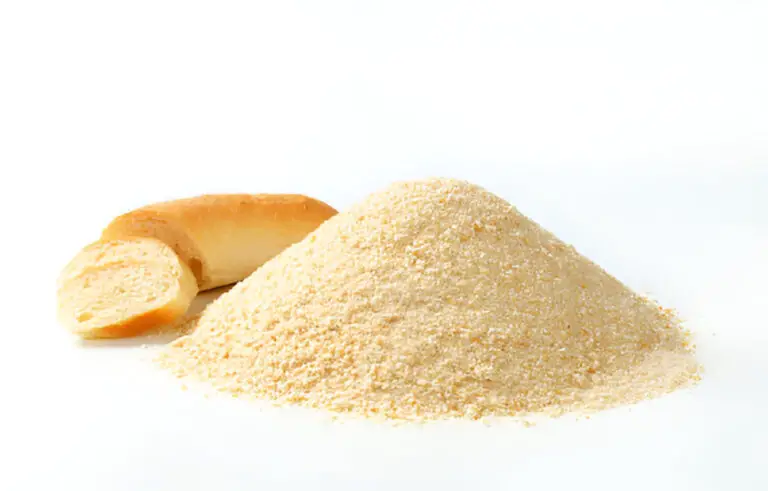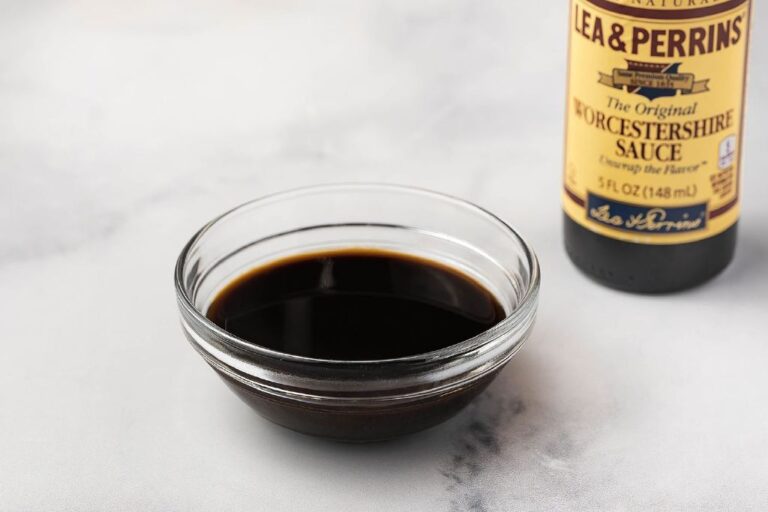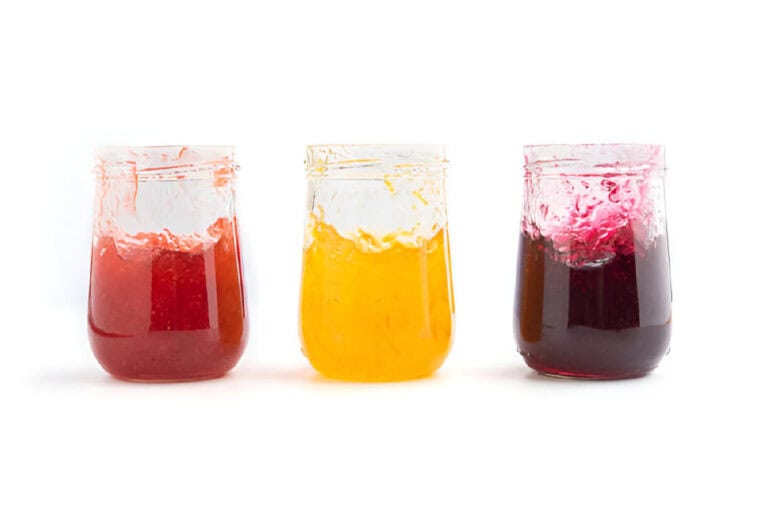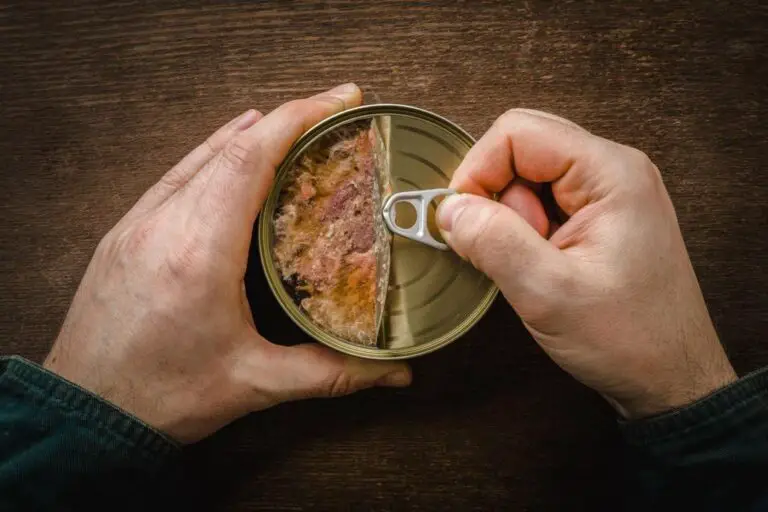Can You Eat Boiled Eggs That Float? Are They Safe to be Consumed?
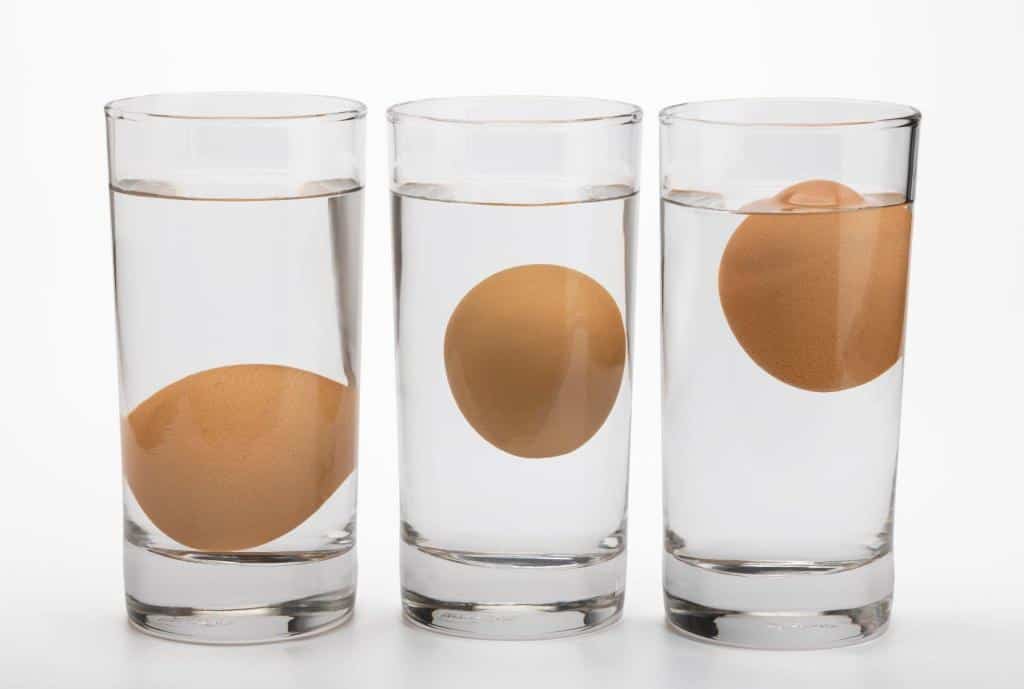
If you frequently boil eggs, you may have observed that some boiled eggs float while others do not.
There are many myths and misconceptions concerning floating eggs, and many people believe that rotting eggs float or that hard-boiled eggs are designed to float. What is the truth?
Are eggs that float safe to eat, and what causes them to float?
When the egg is older, both raw and cooked eggs will float in water. This is due to the fact that each egg has a cavity known as the “air cell,” which is filled with air.
The air cell expands as the egg loses moisture over time. The egg will float in water if the air cell inside the shell is large enough.
So, whether raw or cooked, a floating egg is a sign that the egg is not fresh, but it could still be completely safe to consume. A floating egg doesn’t mean it’s bad, cooked all the way through, or not safe to eat.
Are Boiled Eggs Supposed to Float? What is Causing it?
Have you ever made hard-boiled eggs only to find that some of them floated to the top of the pot? You might have thought that this meant the eggs were bad, but that’s not necessarily the case. While it’s true that boiled eggs aren’t supposed to float, floating isn’t necessarily a sign that an egg has gone bad.
There are actually a few reasons why boiled eggs might float. Here are some of the possibilities:
- The egg was old to begin with.
As an egg ages, the air cell inside it gets larger. This makes the egg less dense and more likely to float. When boiling eggs, it is important to know if they are fresh or not. Fresh eggs will sink to the bottom of the pot, while older eggs will float. This is because fresh eggs have less air and more moisture than older eggs. If you are unsure if your egg is fresh, you can do a float test. Simply place the egg in a bowl of water and see if it sinks or floats. If it sinks, it is fresh and can be boiled. If it floats, it is old, and you should not boil it.
- The Egg shell is cracked.
If you are boiling an egg, and the shell is cracked, some of the egg white will leak out into the water, making the egg weigh less and float. When the egg shell is cracked, the egg white will leak out into the water, lowering the egg’s mass and enabling it to float more easily.
- Cooking in Saltwater.
In water with a lot of salt, all eggs will float. Water becomes denser when salt is added, and denser water can sustain the weight of an egg.
Are Floating Boiled Eggs Safe to Eat?
If you’ve ever cooked boiled eggs, you may have noticed that sometimes they float to the top of the pot. While this may not seem like a big deal, you may be wondering if it’s safe to eat a floating boiled egg.
Here’s what you need to know: Floating-boiled eggs are perfectly safe to eat. In fact, they’re often considered to be more cooked than those that sink to the bottom of the pot. This is because the air pocket that forms inside the egg helps to insulate it from the heat, resulting in a more evenly cooked egg.
However, there are some safety concerns that you should be aware of before you start eating floating boiled eggs.
First of all, it is important to make sure that your eggs are fresh. If they are not fresh, they may contain bacteria that can cause food poisoning. You should toss out those bad eggs.
Additionally, you should only use clean water when boiling your eggs. Otherwise, you run the risk of contaminating them with bacteria from the water.
Finally, you should be careful not to overcook your floating boiled eggs. If they are overcooked, they may become tough and difficult to eat.
So, if you see a floating boiled egg in your pot, don’t panic! It’s perfectly safe to eat and can actually be quite delicious.
How to Tell if a Boiled Egg is Safe to Eat
A boiled egg is a healthy and protein-packed breakfast option. But how can you tell if a boiled egg is still safe to eat? Here are a few tips:
If the shell is cracked, the egg is not safe to eat. If the shell is intact, gently tap the egg on a hard surface. If the egg is cooked properly, it will give a solid response. If the egg emits a hollow sound, it means that water has seeped inside and the egg is no longer safe to consume.
Check the color of the yolk too. A properly cooked yolk will be yellow or orange in color. If it’s greenish or has black spots, it means that the egg has been overcooked and shouldn’t be eaten.
Finally, smell the egg before eating it. When the shell of a bad egg is cracked open, an unpleasant smell will be released. It doesn’t matter if the egg has already been cooked; this smell will still be present.
| The smell of good hard-boiled eggs can be overwhelming at first. But, once you get used to it, the smell can be quite pleasant. The eggs themselves are a healthy and nutritious food, and they can be a great addition to any meal. |
How to Choose the Best Eggs for Boiling
If you’re looking to boil the perfect egg, there are a few things you need to keep in mind when choosing your eggs. Here are a few tips to help you choose the best eggs for boiling:
1. Age is important – the fresher the egg, the better it will be for boiling. If possible, try to find eggs that were laid within the past week.
2. Size also matters – generally speaking, large eggs will be easier to boil than small ones. Eggs of a smaller size will cook more rapidly than those of a larger size.
You want to make sure that your eggs are all approximately the same size so that they cook evenly. If you have a mix of large and small eggs, it’s best to cook them separately so that the smaller ones don’t get overcooked.
Here’s a simple guide on egg sizes to help you alter your recipes:
- Small eggs typically weigh 1.5 ounces.
- Medium sized eggs around 1.75 ounces.
- Large eggs often weigh 2 ounces.
- Extra large eggs typically weigh 2.25 ounces.
- Oversize eggs or Jumbo egss measure roughly 2.5 ounces.
3. Pay attention to the shell – look for shells that are uncracked and free of any blemishes.
By following these simple tips, you’ll be on your way to perfectly boiled eggs every time!
Can You Freeze Hard Boiled Eggs?
Yes, you can freeze hard-boiled eggs. In fact, it’s quite easy to do and can be a great way to have eggs on hand for a quick breakfast or snack.
Hard-boiled eggs can be frozen, but they will not taste as good as fresh. Egg yolks freeze well, but egg whites become rubbery. To prevent this, add a teaspoon of salt per pound of egg whites. Hard-boiled eggs will keep in the freezer for up to one year.
Just make sure that the eggs are properly cooled before freezing and that you use them within a few months for the best quality. Here’s how to freeze hard-boiled eggs:
- First, allow the eggs to cool completely. You can either place them in the refrigerator for a few hours or run them under cold water for a few minutes.
- Once they’re cool, peel the eggs and then place them in an airtight container or bag. Before sealing the container, make sure to get rid of as much air as you can.
- Label the container with the date and then store it in the freezer for up to three months.
Final Words
Now you know if hard-boiled eggs float, what makes them float, and how to make sure your eggs are safe and healthy to eat even if they float.
It turns out that there are a few different factors that can cause an egg to float. One is simply the age of the egg. As an egg gets older, the air pocket inside it gets bigger, causing it to float more easily. This doesn’t mean that the egg is unsafe to eat, though.
So, use our helpful advice to enjoy the best cooked eggs and stop worrying about floating eggs and other myths and facts about eggs.

